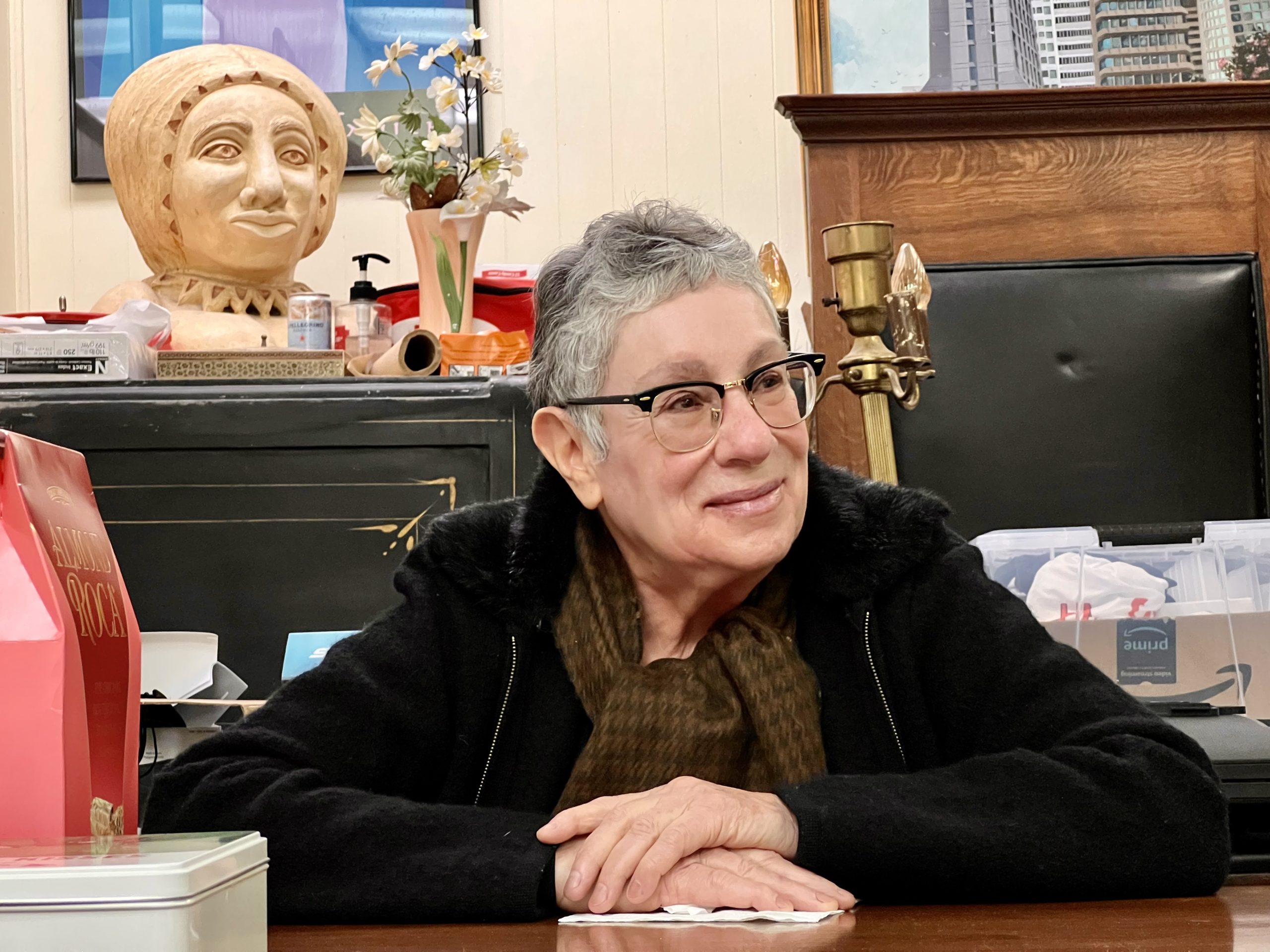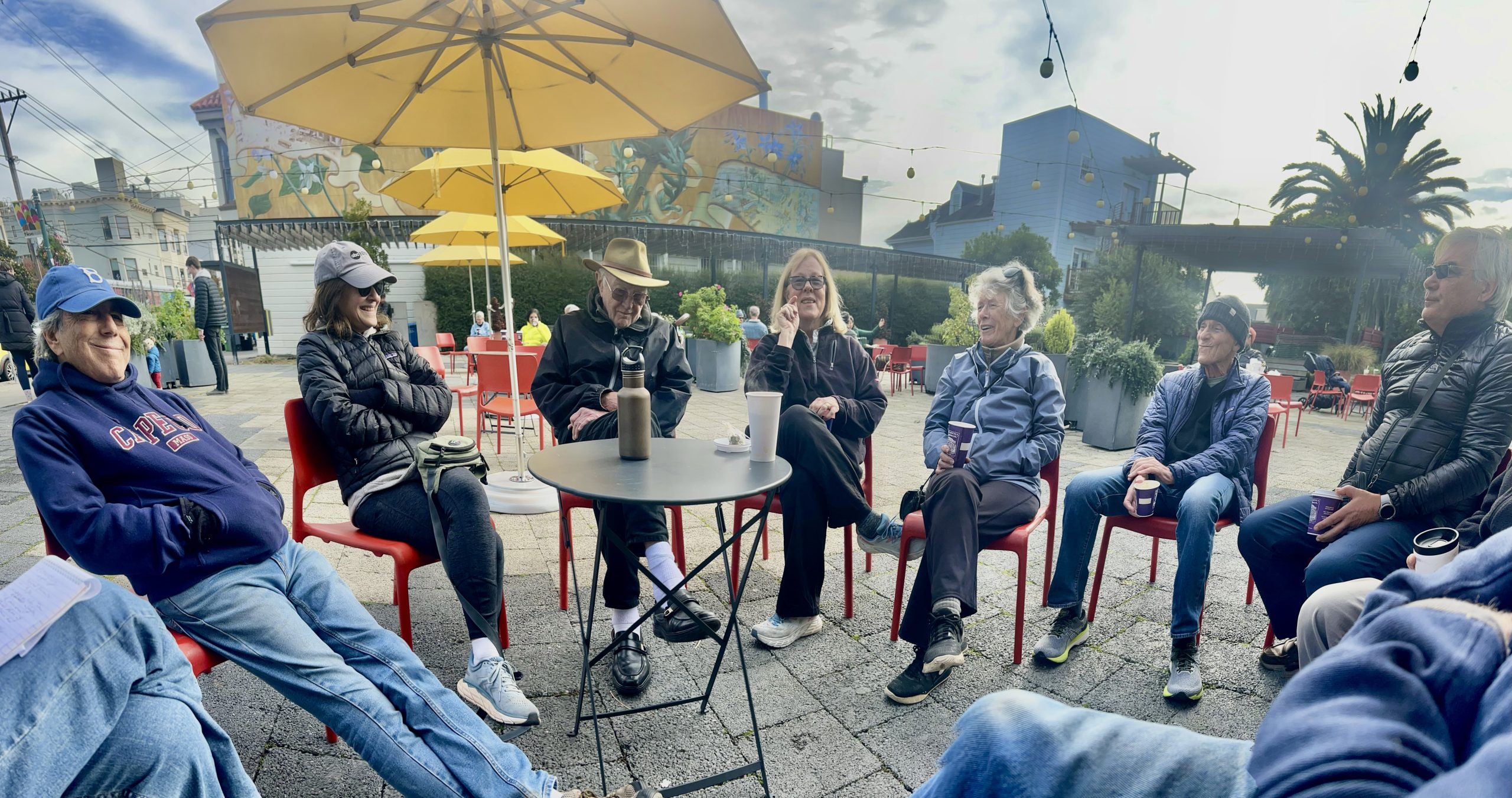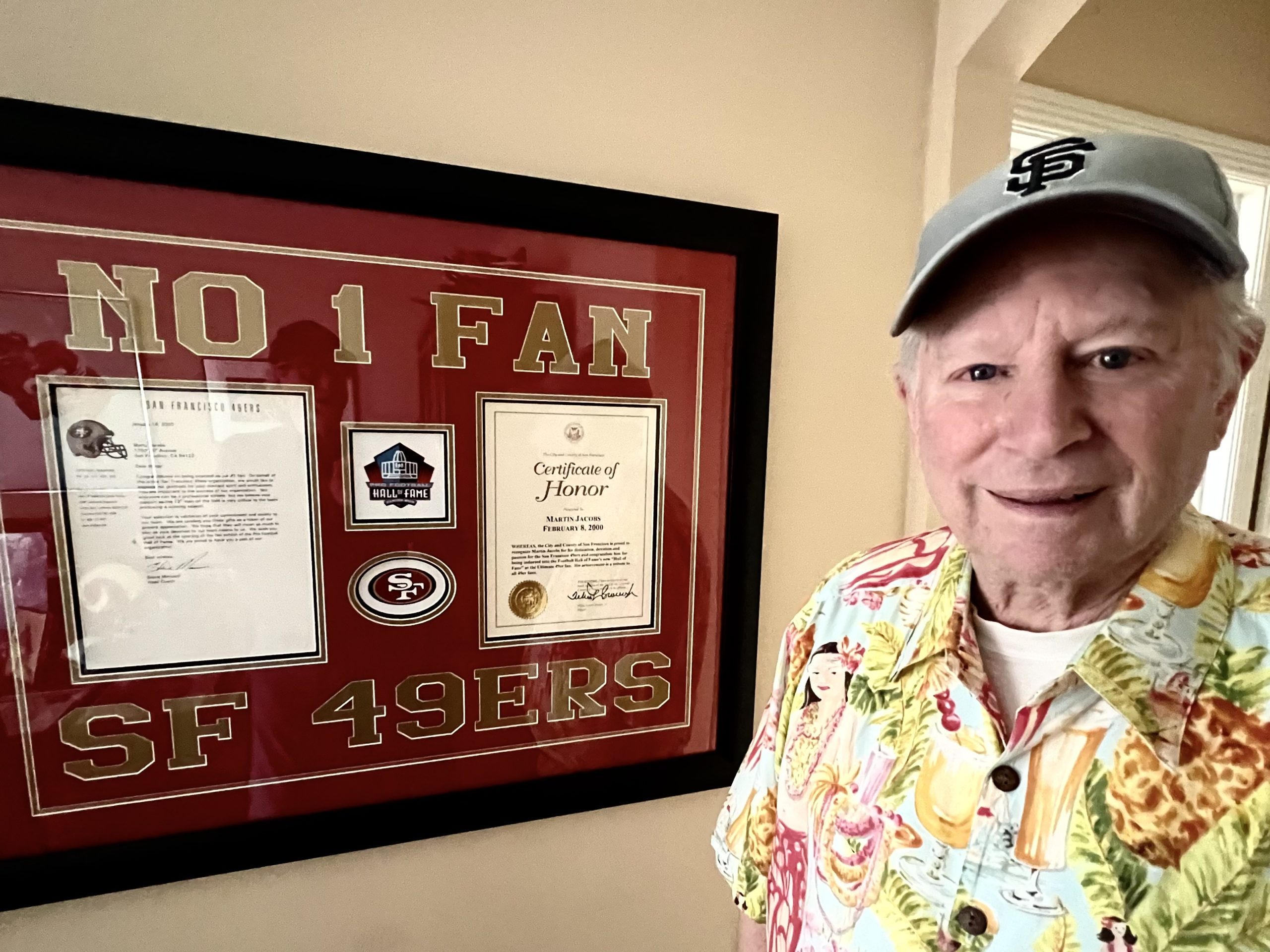Startups pitching products at Aging 2.0 conference focus on keeping people at home
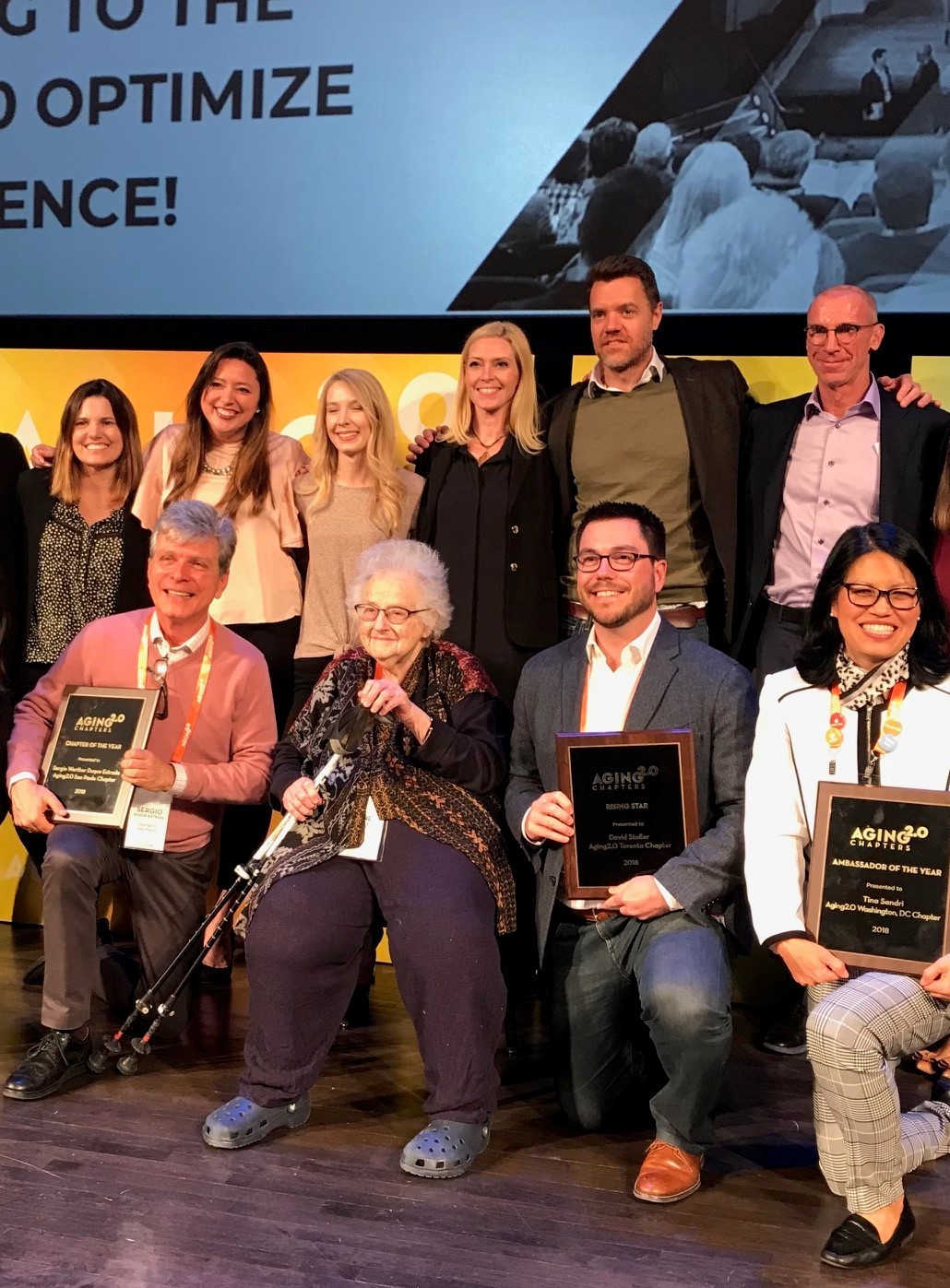
Mid-November brought the Aging2.0 OPTIMIZE conference, a global network for innovators in aging to San Francisco. The conference attracted tech start-ups looking for partners and funding, and venture capitalists in search of new projects. As someone accustomed to the format of 90-minute presentations and roundtables at conferences addressing societal needs, Aging2.0s schedule of 5-minute pitches was exhilarating. It seems that an astonishing amount of information can be conveyed in a 5-minute pitch.Stu
In the earlier days of technology, say the 1980s, technology for seniors focused on helping nursing homes manage the care of their frail, elderly patients. However, as more seniors decide to age at home and remain active in their communities, the industry is being forced to adapt.
This evolving focus was evident at the conference.
While some start-ups focused on systems for improving patient monitoring, others were designed for the seniors aging at home – such as watch and pendant alert systems, home robots, a fall-cushioning belt, and powered clothing.
Keynote speaker Dr. Joseph Coughlin, founder and director of the MIT AgeLab, and author of The Longevity Economy, summarized the challenge facing the field: Technology for the elderly must move beyond its focus on treating disability and sickness. Certainly seniors need help with some tasks, but where do fun, sexuality, growth and contributing to society come in, he asked. Successful entrepreneurs need to listen to and involve seniors in creating the new products and services the community wants.
His message resonates with San Franciscan Dr. June Fisher, a mentor to students in San Francisco State University’s design department and to numerous young designers in the Bay Area. “Include us in the planning process from the beginning,” she said. “While I appreciate the technical skills of design students and professionals, I don’t want a 23-year-old telling me what I need. It has to be a mutual relationship where elders set the agenda and participate in the development of those products.”
At the close of the conference, Professor Ricardo Gomes, from SFSUs design program, led a surprised Dr. Fisher to the podium to receive the applause of the assembly and the Aging2.0 2018 Leadership & Influence Award.
Study confirms was choir singers already know
Singing in a choir reduces loneliness and increases interest in life among seniors. Choir members have known this intuitively for years. Now, thanks to a five-year Community of Voices study supported by a federal research grant, we have the supporting data.
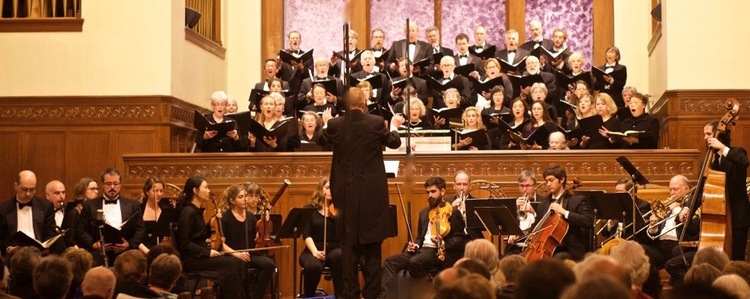
The study involved 400 seniors recruited to sing in neighborhood choirs, in a collaboration of the University of California-San Francisco, the San Francisco Community Music Center and the city’s Department of Aging and Adult Services.
“There’s a high percentage (of older adults) who experience loneliness and social isolation,” said Dr. Julene Johnson, associate dean for research and professor in the UCSF School of Nursing. “There’s a need to develop novel approaches to help older adults stay engaged in the community and also stay connected.”
The 12 choirs created during the COV study continue to sing and to recruit new members 55 and older.



